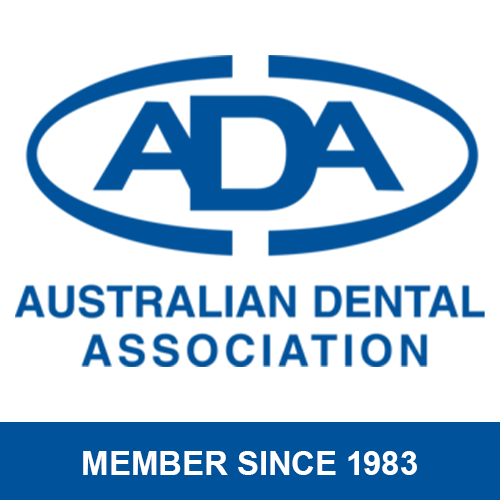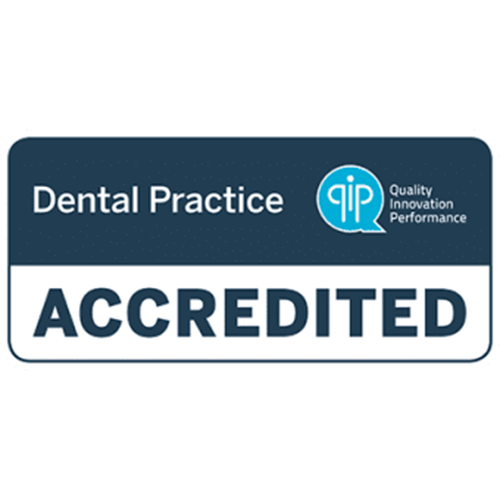Dry Mouth
Why do we need saliva?
We need a steady flow of saliva to cleanse and keep our mouths moist for digestion of food. If we don’t have enough saliva, our mouths get uncomfortable and dry. Saliva helps to moisten food and makes it easier to chew, swallow and helps to protect teeth
What are the signs of a dry mouth?
Some common signs of a dry mouth are:
- Frequent thirst
- Tongue sticks to the roof of the mouth
- Difficulty in tasting and chewing
- Bad breath
- Cracked lips and sore skin at the corners of the mouth
Why is dry mouth a problem?
Dryness in the mouth can lead to extensive issues such as tooth decay and other oral irritations
Tooth decay can occur when the build-up of odour causing bacteria in the mouth which may be due to not having enough saliva
Diagnosing a dry mouth
We will complete a comprehensive examination of your mouth and soft tissues also we can carry out saliva tests where we can measure the quality and quantity of your saliv
What causes a dry mouth?
The main reasons your salivary glands may not be effective at producing saliva are:
- Medications – There are over 500 commonly prescribed prescription and non-prescription medications that can lead to produce less saliva
- Medical conditions – Sjogrens, HIV/AIDS Diabetes and Parkinson’s disease can all have an effect on the quality of saliva
- Medical procedures – Radiation therapy (salivary glands can be damaged if they are exposed to radiation during radiation treatment), chemotherapy can also lead to a dry mouth
How can I help prevent dry mouth?
Medicaments – There are a range of mouthwashes, toothpastes and gels available
Stimulate your saliva – Chew sugar free gum
Tips to keeping your mouth moist
- Drink plenty of water taking small regular sips
- Moisten your food with sauces, gravies etc
- Avoid salty and spicy foods as they can irritate your tender mouth
- Avoid coffee, alcohol, hot dry environments and acidic drinks such as citrus fruit juices
Taken from http://www.biotene.com.au
Site Links
Our Services
Locations We Service
Contacts
ABN: 40 525 320 779
Trading Hours
- Monday
- -
- Tuesday
- -
- Wednesday
- -
- Thursday
- -
- Friday
- -
- Saturday
- Closed
- Sunday
- Closed













